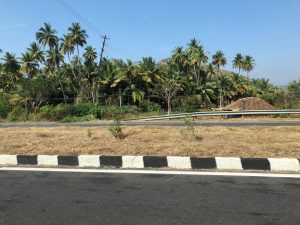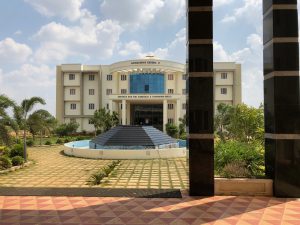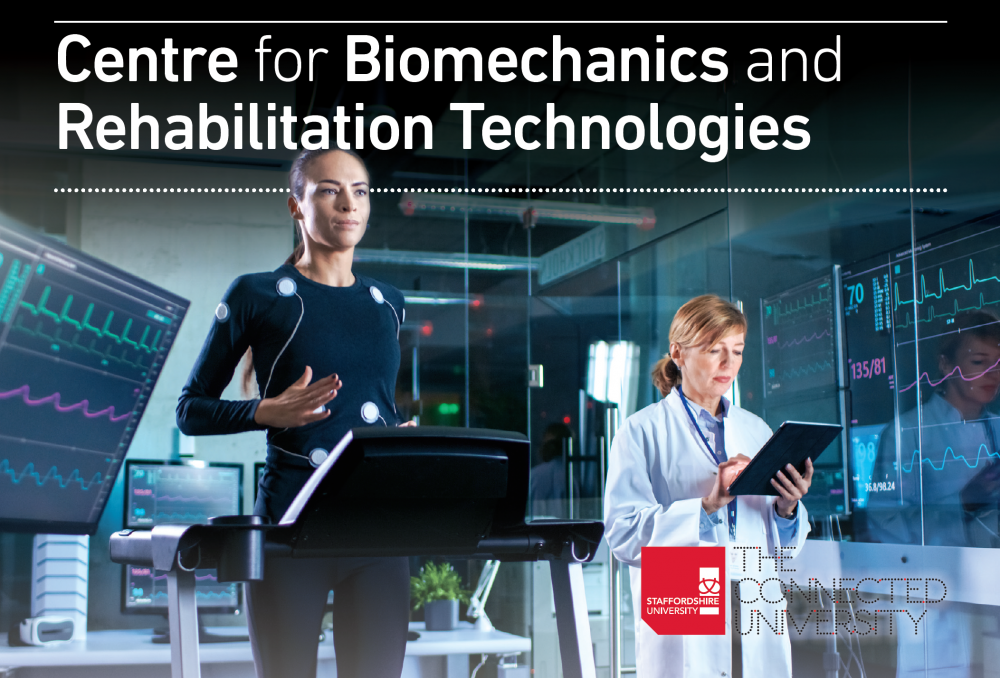
This is my very first blog and I would like to share a small part of my experience in India as a PhD student so far. I have observed a lot of similarities and obvious influences of western civilization on Indian lifestyle. It has been a month since I arrived in Tamil Nadu, which is located in the South of India. It is a unique place with its own distinctive language called Tamil in addition to the national language (Hindi). I have visited a few cities in Tamil Nadu and the major temples in those cities that are at least 2000 years old. It fascinates me to know that they remain intact even after the known history of wars, without any intention of the invaders to attack or destroy some of them. Those temples are also protected by UNESCO heritage committee and are indeed amazing.
India has a very interesting landscape, which is rich in flora and fauna. As an European, it is very interesting for me to see monkeys jumping around the place like stray animals. Personally, I have seen monkeys only in cages at the zoo but never at my doorstep like in here.

Indian food is tasty. However, it is difficult for me to adapt to a vegetarian lifestyle. Of course, there are options for non-vegetarians like me, but not so widely available in the place where I am staying.

I am currently at SASTRA university, where I have been invited to collaborate for several months during my PhD. I am impressed by the size of the campus, which is vivid with a lot of students. This may be due to the fact that I am used to divided campuses. In the UK and Greece, I have never seen a whole campus operating as a single entity. The campus is always alive and active with people working six days a week. Also, I found that unlike most countries, people in India including academic staff and students, work six days a week. However, I deem that human body requires more than just one day per week to rest and alleviate stress.

My project at SASTRA university is about developing an innovative device, like a fully automated weight-bearing ultrasound scanning machine. It is a complicated task and challenging to deal with , however, this fact makes it interesting. Absolutely, it will not be a common topic of research for a PhD program. I am working with two other PhD scholars from SASTRA university, Hari and Saru. Each one of us, have our own objective in order to achieve the ultimate goal, which is to construct a new fully automated weight-bearing ultrasound device.
My objective is to create a new approach to automated elastography by calculating a map of stiffness through the deformation of a stand-off material. The device will also include features such as automated segmentation of various types of tissues; independent of their mechanical properties or thickness. Finally, the ultrasound device will be able to identify if the sample tissue is healthy or pathologic by quantifying the homogeneity of textured features. Furthermore, the weight-bearing device is aimed to be implemented in everyday clinical practice. In summary, the project is expected to have beneficial outcomes and promising results.
From my experience, I can say that India has a lot of opportunities and prospects as a competitor to the global market. The cost of living in India is cheaper in comparison to many other countries; but, that does not mean the lack of quality. The current rate of renewals or updates in relation to the infrastructure and transportation are low. I would recommend that the public transportation services are improved and updated periodically. Also, eco-friendly vehicles with less air and noise pollution would be useful. Better waste management and recycling methods must be promoted. Additionally, implementing strategies that utilize the renewable energy sources like the solar panels, which takes advantage of the sunlight available throughout the year can be beneficial. Last but not the least, there is a need for investing more into health, safety and hygiene. If the above actions are taken, perhaps, India may soon be one of the upcoming powerful global players.

